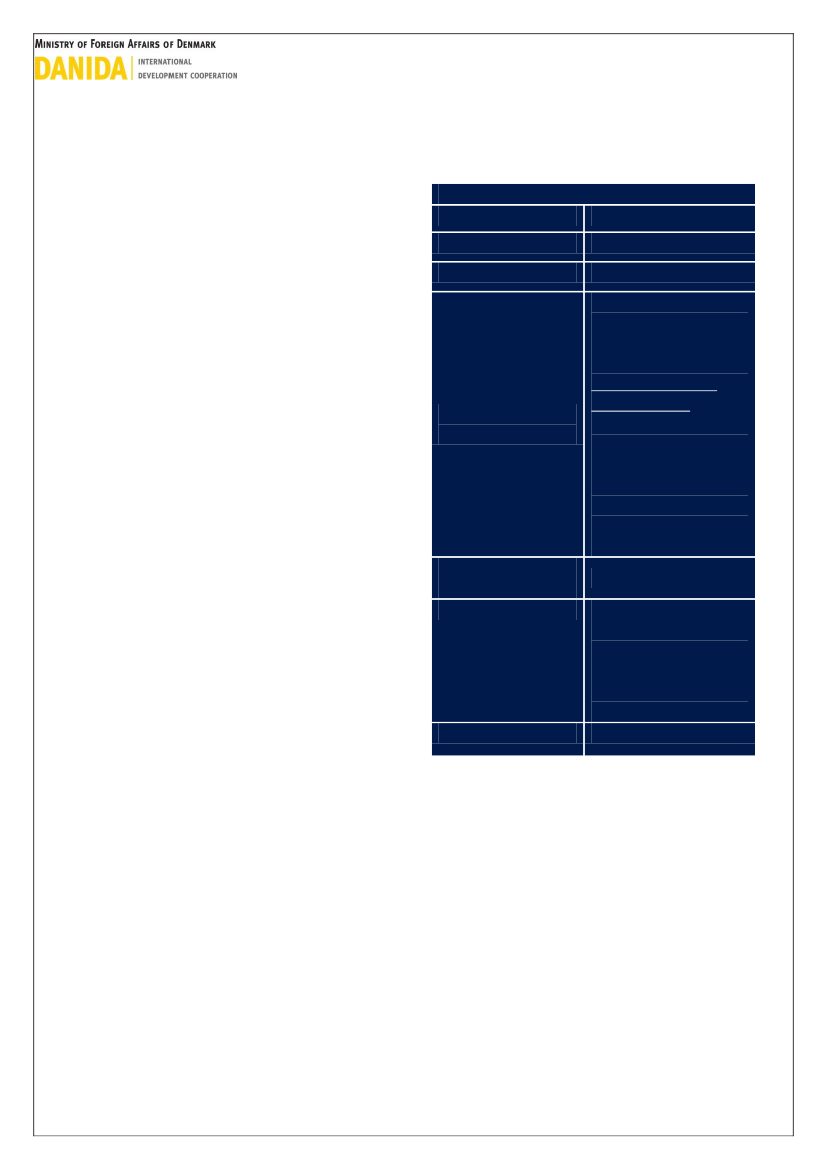
Organisation Strategy for
Denmark’s engagement with the Sustainable Trade Initiative (IDH)
2015-2020
The mandate and mission of IDH
The Sustainable Trade Initiative (IDH) is a
key sustainability player with engagement in
app. 40 countries worldwide. IDH’s mission
towards 2020 is to accelerate and up-scale
sustainable production and trade, promote
synergy between aid and trade and thereby
contribute to the implementation of the
global sustainability goal (SDG). This is
done by building coalitions of front running
companies, civil society organizations,
governments and other stakeholders in
order to develop strategies and supply chain
models which address key social and
environmental challenges. IDH has
demonstrated that it is possible to lift entire
value chains from small holder farmers in
developing countries to the European
consumer
to
higher
social
and
environmental standards. A core element
of the IDH strategy towards 2020 is to
support the development of inclusive
agricultural value chains that empower
small-scale farmers to sell to more stable,
bigger or higher-value markets.
Denmark supports IDH with core
funding because:
IDH provides added value by scaling
and accelerating sustainable global
trade and development.
IDH is a leading knowledge centre
on sustainable trade and is
innovative in its approach by
creating public-private coalitions in
key commodity sectors.
IDH offers efficient cooperation
with the private sector and has
ensured a strong commitment from
private businesses, also financially.
IDH can assist Danish companies in
addressing sustainability challenges
including uptake of sustainable
produce and is highly valued by
participating Danish companies.
The Sustainable Trade Initiative (IDH)
Established
2008
HQ
Human Resources
Utrecht, Netherlands
Approx. 75 staff
The budget for 2016-
20 is € 215 million
(DKK 1,600 million).
Match-funding by
private sector:
Financial resources,
At least 50 pct.
2016-2020
Ratio of private
contributions have
increased from
0.17 in 2008 to 2.77
in 2014 with an
average of 1.76.
DK contribution
40 m. DKK
2015-17
Core sectors
cotton, coffee, tea,
cocoa, fruit and
vegetables (including
flowers and species),
palm oil, soy and aqua
culture
Donor meetings
2-3 annually
Key challenges for IDH:
To strike the right balance between
deep impact in key sectors and
demand for addressing new sectors.
Address insufficient market uptake
of sustainable produce by companies
to obtain real market transformation.
Denmark will expect IDH to:
Enhance smallholder productivity
and livelihood improvements
Mainstream gender equality
Ensure cost effectiveness
Ensure that more Danish
companies and stakeholders benefit
from IDH expertise on sustainable
business models